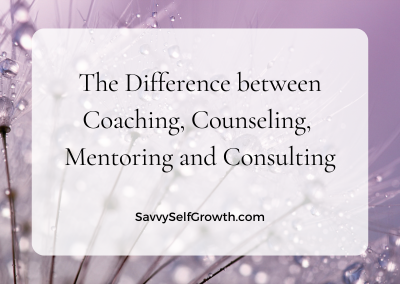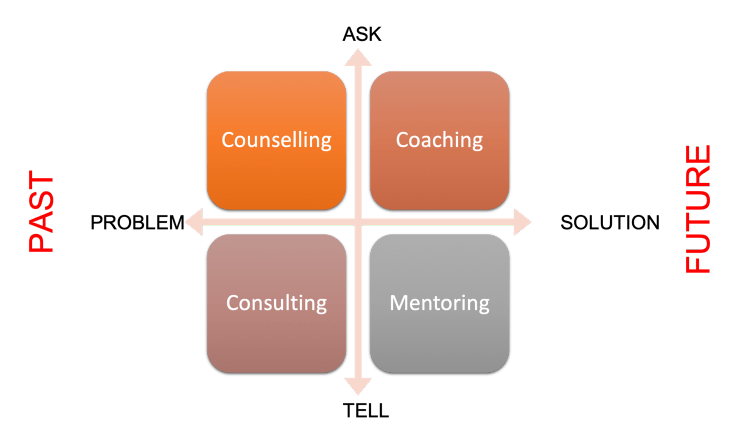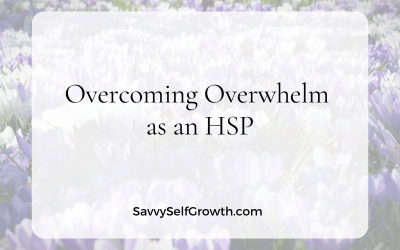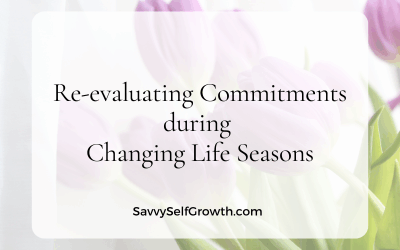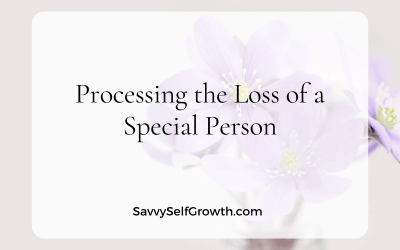Someone recently asked a great question about coaching: “Where’s the line between the responsibility of the client, and the responsibility of the coach?”
Let’s pull this apart a bit.
Generally speaking, there are 4 different branches in the industry: coaching, therapy/counselling, mentoring, and consulting. Each of them has a distinct place. None is better than another. There is a need for each one at different stages or in different environments.
Take a look at the image (from Strategic Leadership Institute).
Then think of it this way.
Broad distinctions:
- Coaching and mentoring are future-based, towards finding solutions.
- Counselling and consulting are past-based. They look at what ‘went wrong’ to create the problem and then endeavour to fix or heal it.
- In coaching and counselling, we assume that the client has the answers inside of them, and we ask questions to help them find them.
- In consulting and mentoring, we assume that the client does not have (all) the answers and therefore we tell them what they need to know, to make progress.
Further distinctions:
- In counselling, we help clients to resolve trauma from the past, so they can move forward later (more towards coaching).
- In coaching, our assumption is the client has all the resources they need inside of them, and we continue to ask so that they can find their own answers from within.
- In mentoring, the mentor has already taken the steps to get to where the client wants to be and can therefore assist, guide, and offer a bit of coaching, advice, and guidance.
- In consulting, the client has a problem and they do not know the answers. They arrive with “I know I don’t know, and I want you to tell me because you’re the expert.”
Real-life experience
In my experience, when people sign up for coaching with me, they probably want a bit of everything all at once, though they don’t know it yet. They want to solve their problem and find a solution. They don’t know how to get to the solution. If they did, they would have found it already.
Coaching and counseling certifications tell us explicitly that we need to ask questions, let the client’s wisdom speak, and never offer advice or guidance. After 17 years of experience working with clients, combined with times that I have encountered problems in my own life, I’ve had to think through this issue carefully.
Here are my current thoughts, first from my personal experience with problems:
When I have a problem, of course I’d like to find my own answers… if I can! However, when I need help, it is often because I truly don’t know what to do. I’ve tried various things and made no progress or got stuck at a plateau. Therefore I want (need) someone else’s guidance and input to make progress… Even if it’s just to hear other options I have not considered, so that I can then choose from those.
Also – often my mind is so clouded by the stress about the situation, that my brain literally cannot think clearly.
Therefore in my own coaching/therapy business, this is what I do:
I ask the client what would be most helpful to them – sometimes in each session, definitely at the beginning of the whole journey. Then we have an agreement around that, and I stick within that.
Sometimes I can see that they’re struggling with something and I’ll ask if it’s okay for me to provide information. They’re usually very grateful. No one has yet said “No thanks, I’d rather continue to struggle.”
Strengths and coaching
I have clients with talents ( on the CliftonStrengths assessment) who usually can find their own answers after we’ve cleared out the emotional charge around their issue. It’s a beautiful thing to witness every single time. They suddenly just know what to do after we’ve taken out the emotional sting, and they quickly jump in and do it.
They might have talents like Strategic Thinking, Command, Discipline, Maximizer, Self-Assurance, and others. Keep in mind that talents don’t operate in isolation – therefore clients with different talent mixes will respond differently.
Other clients (who have more relational and thinking talents) appreciate input, reassurance, knowledge, and my experience. Even if what I provided is not the exact right answer for them, it means they’ve heard options they didn’t know about before. Then they can go away and think it through, add their own wisdom, and make up their own mind.
Each client is unique, and fortunately, I have the talent of ‘Individualisation’ which loves customising the process according to unique needs.
Knowing my strengths has also taught me that we coach (or do any other work) from our strengths. Trying to suppress our natural strengths is very difficult (almost impossible).
My own talents naturally want to share knowledge and teach. I don’t find it natural to “just ask questions”, especially when I know there’s a piece of knowledge that can help to guide.
Some coaching organisations are rigorous in their guidelines of ‘only questions, no guidance’. I understand the reason for that.
Through 17 years of coaching and attending many courses, I have landed on a unique blend of counselling (with EFT and other tools), coaching (again, with EFT), teaching and mentoring.
The thing I don’t do is ‘consulting’. I don’t tell clients what they should do. That does not sit well with my strengths. I want to empower people to use their own wisdom and thinking and if I’m not an expert in an area, I will refer to another coach, or bring in a collaborative colleague (eg for strengths teamwork.)
This blend works for me and my clients.
Back to the original question about Responsibility:
So where’s the line of responsibility between coach and coachee?
It depends what you signed up for and what the agreement is. If you signed up for ‘coaching’, the coach’s role is to help you find your own answers, not to provide any. If you signed up for consulting, it’s the consultant’s role to provide answers. And likewise for counseling and mentoring.
And even so – the bottom line is: no-one else can truly know what is best for us.
We ultimately have responsibility for our own lives. No matter whether we receive an answer from someone else – it is still our responsibility to implement that, and make sure it is the right thing for us.
If my blended approach is what you need at some point, please do get in touch. The easiest way to stay in touch is to subscribe to my newsletter. That way you’ll get first access to workshops, low cost offers, inside info and more personal shares.
If this article interested you, find further reading on the topics here:
EFT (short for Emotional Freedom Techniques)

